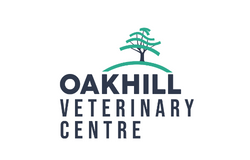Lungworm larvae may survive drier periods of weather within faecal pats to be dispersed onto pasture en masse following periods of rainfall, such as those recently experienced.
Cases across the UK have been recently detected. In naïve animals such as unvaccinated calves in their first grazing season or bought-in dairy cattle on farms with a known history of disease could still be at risk.
Even vaccinated heifers may be at risk if they have not had adequate exposure during this dry summer. Lungworm can cause increased respiratory rates, loss of body condition and reduced milk yield.
Advised actions include:
Monitoring for signs of disease:
[checklist icon=”fa-arrow-circle-right” iconcolor=”#39aa87″ circle=”yes”]
- Widespread coughing in the group, initially after exercise then at rest
- Increased respiratory rate and difficulty breathing.
- Rapid loss of weight and body condition.
- Milk drop in lactating cattle
- Death in heavy infections
[/checklist]
- Where infection is suspected, treat animals with an anthelmintic and remove affected cattle to ‘safe’ pasture (e.g. aftermath) or house in a well ventilated building.
We recommend worming grazed heifers at this time of year to remove residual worm burdens. Eprizero has a 0 day milk withdrawal and is suitable for in calf heifers or heifers that are already in the milking herd.
WE HAVE A LIMITED STOCK OF 6L packs of EPRIZERO AVAILABLE AT A DISCOUNTED PRICE – please call the office on 01772 861300 for details.
If you would like any further information please ask one of the vets for advice.
